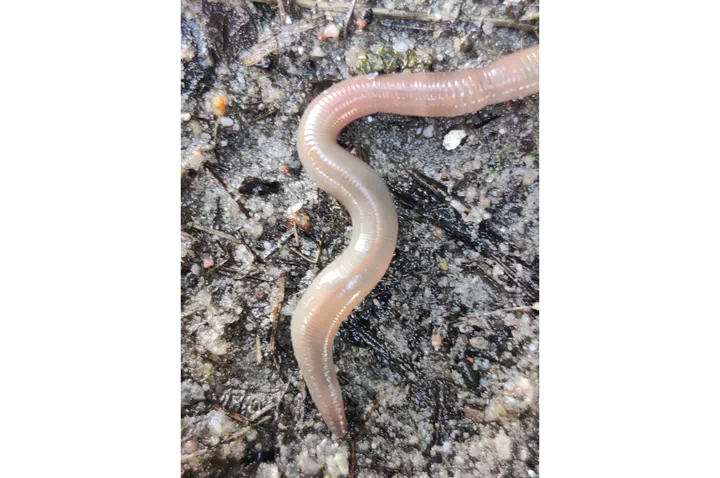Global Worming

“Global Worming” is five-year NNF-funded project that aims to develop novel deep learning and remote sensing to reveal the uncharted biology of earthworms: cryptic, but pivotal, actors of agroecological circularity.
Our food system ultimately rests on soils to produce almost all calories and nutrients. However, agriculture, urban expansion and climate-change-induced desertification are leading to an almost irreversible, alarming and large-scale soil loss. As part of our green transition, farming must become less extractive, more restorative and circular. This change of paradigm must translate into much more research on the processes and organisms, such as decomposers, that enact circularity – which have hitherto been severely understudied. Amongst them, earthworms (EWs), with their unmatched ubiquity and biomass, are pivotal actors. However, these cryptic animals live below ground, making their study a methodological challenge. As a result, we know poorly the behaviour of EWs, their relationships with plants, and their importance in agriculture. With recent technological leaps, we have unprecedented opportunities to open the EW black box. This project aims to develop unique and novel tools to study EWs in agroecological contexts. Using remote sensing and artificial intelligence, we address three difficult tasks that have, so far, hindered EW research: high-throughput species identification, automatic behavioural analysis, and real-time activity monitoring in the field. Throughout, we use these tools to understand how plants, in particular cover crops (a major soil protection tool), and EWs interact.